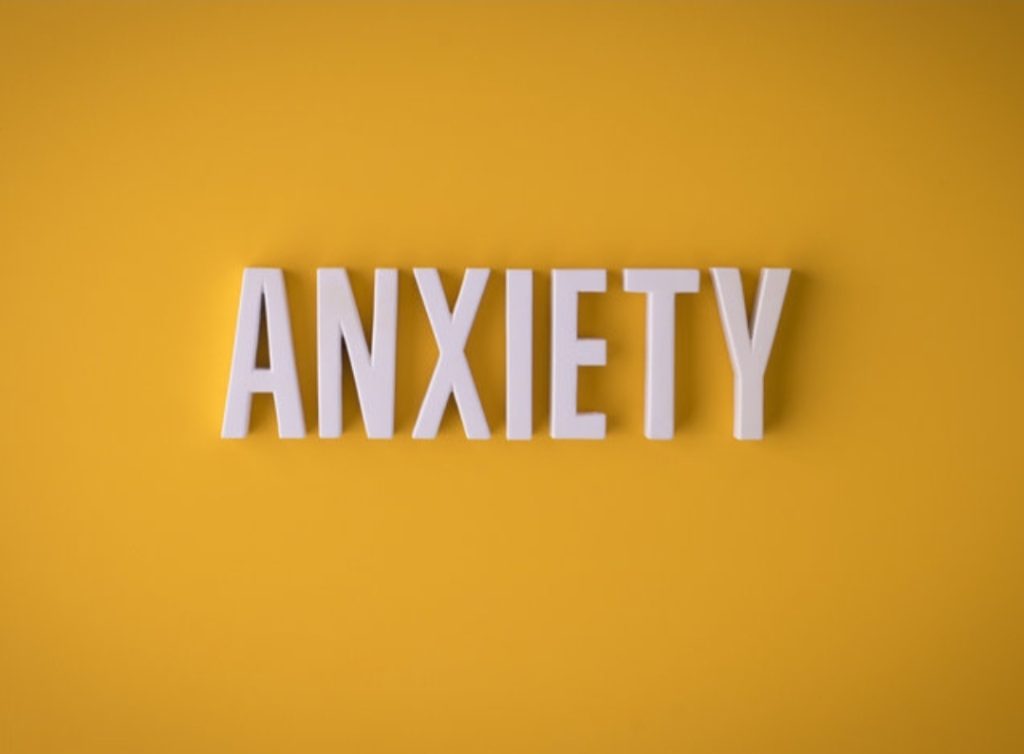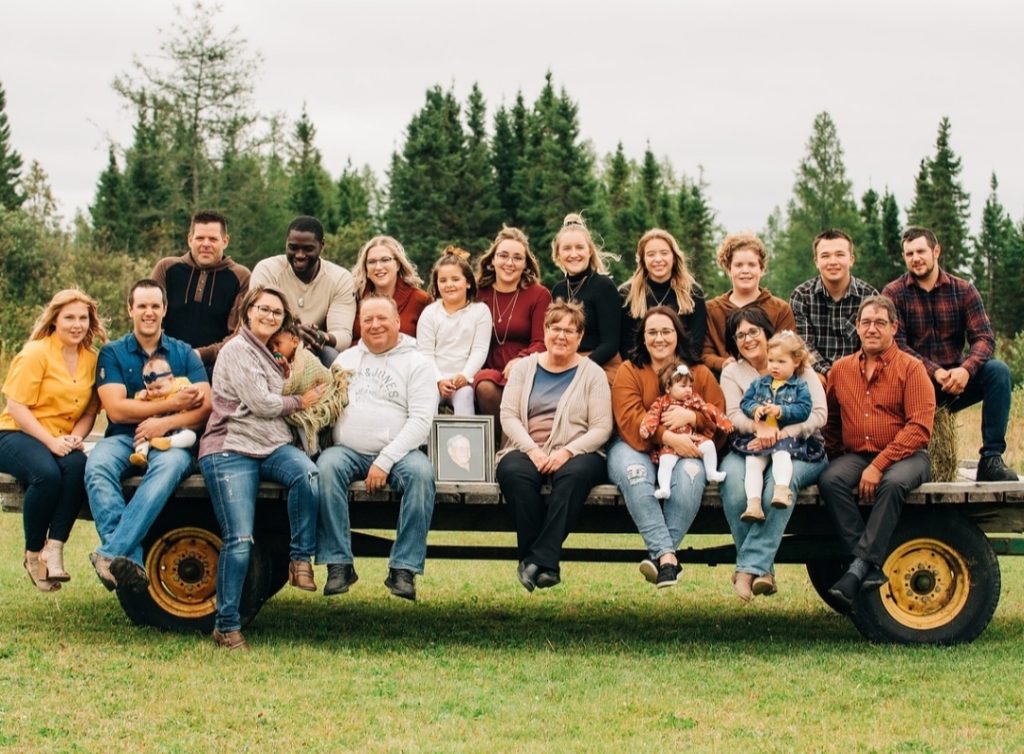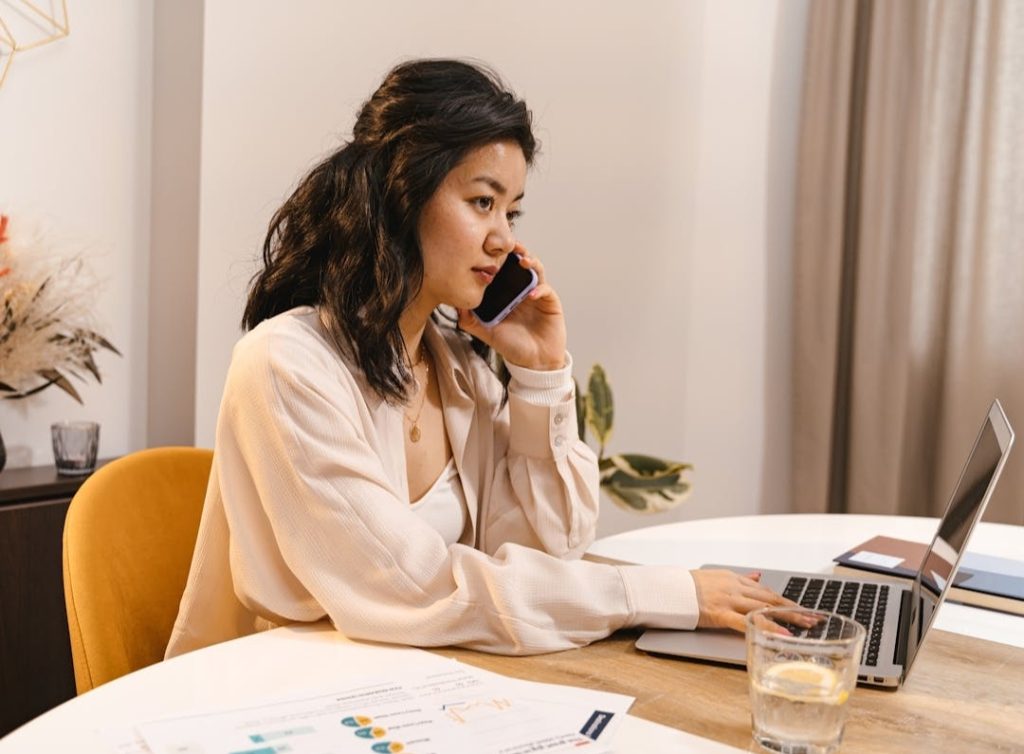My path to becoming a more empowered patient started with a torn exam gown.
Getting called back for a follow-up after my mammogram was bad enough. Receiving a gown with broken ties didn’t exactly make anything better. The technician shrugged off my complaint, pointing out the gown had to be open for the procedures anyway. “It doesn’t matter,” she told me.
Soon I found myself lying on an ultrasound table, while a doctor I’d never met reassured me the mass was probably benign. I sat up to talk to him, but I still felt awkward and helpless. The doctor patted my thigh, pulled his chair closer than I wanted, and tried to pressure me into undergoing a needle biopsy immediately. During the entire conversation, I had to keep holding my exam gown closed with one hand.
When I left the clinic, I knew I wouldn’t be back. But I also knew I needed to take the breast mass seriously. That meant more doctor visits, more tests, and maybe more encounters with insensitive health providers. I couldn’t go through all that if I felt so much like a victim.
As a writer and teacher, I took control in the way I knew best—with words. I began by telling a few trusted friends about the awful clinic visit. My friends’ responses were validating. They agreed that what had happened wasn’t OK and encouraged me not to let it slide.
Next, I wrote to the doctor, explaining why I planned to go elsewhere for future treatment. I mentioned the damaged gown and the things he said and did that made me uncomfortable.
I don’t know if my letter changed anything at the clinic. But it changed me. As my treatment continued, I went into new tests and procedures from a stronger place. I asked questions, voiced concerns, and took time to think before making decisions.
I did some reading so I could talk to new doctors without feeling ignorant. Sana Goldberg’s book How to Be a Patient was especially helpful. Talking with friends who worked in healthcare also helped me understand how to be a good advocate for myself.
Staying empowered became even more important when my lump did turn out to be cancer. Now there was a whole new vocabulary to learn, a whole new set of procedures to decide on. I continued to be proactive—seeking second opinions, exploring my options, and switching care providers once again. And yes, I wrote a few more letters along the way.
I tried to balance assertiveness with kindness. I was careful to thank the people who took care of me and treat them the way I would want to be treated.
I didn’t always succeed at holding on to my strengths. I wish I had pushed back harder before agreeing to a few procedures (one of the small tattoos I received before radiation especially bothers me). I wish I’d known more about the side effects of anesthesia and the different approaches to treating non-invasive cancer. I’m not proud of snapping at a therapist who tried to take my gown off for me. But overall, I felt good about my treatment, the care team I had chosen, and my own role as an informed, proactive patient.
Reclaiming my power had another unexpected result. I stopped hating and avoiding doctor visits. I used to see health providers as robotic guardians who wanted to control me. After I put myself in the driver’s seat of my care, I started to see them as allies and partners instead. Even if we disagreed sometimes, we remained on the same team.
Other icky, awkward health care moments may lie ahead of me. In our flawed system, it’s hard to escape the muck completely. But now I know I don’t have to stay there. Even if I can’t control which doctor I see or how healthcare providers treat me, I’m in charge of how I respond.
I can’t say I’m grateful for that torn exam gown and my unnerving morning at the radiology clinic, but I’m grateful for the gift it brought me. I’ve found my voice as a patient, and I intend to keep using it.
Our Her Nexx Chapter Community invites you to join us where women are connecting with each other’s stories, exploring different experiences, and transforming ideas.
The Future of Connection for Women
- Lucille Clifton—Poet, Children’s Book Author and Guiding Light - February 21, 2022
- 10 Ways to Work Out Safely and Reduce Your Risk of Infection - December 14, 2021
- How a Simple Gratitude Practice Brought Me Peace and Helped Me Learn to Live in the Moment - November 12, 2021
Follow us:







